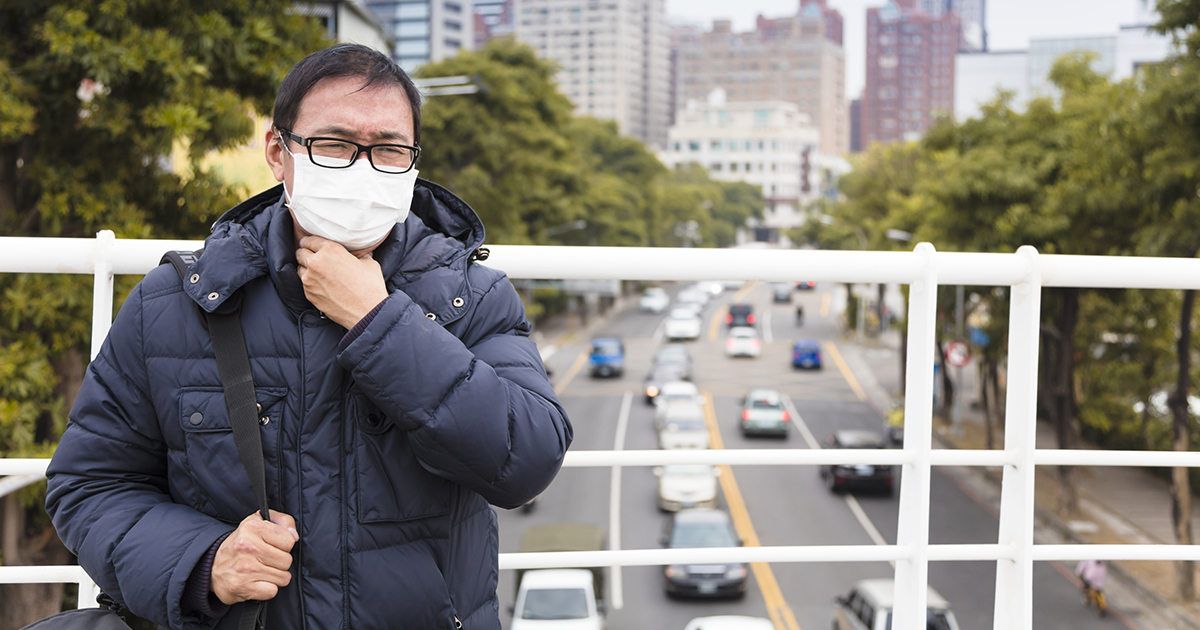Germophobia Vs. Healthy Precautions Against Germs
Distress Caused Outweighs The Benefits

Avoiding public restrooms, wearing a mask and gloves to avoid contamination, washing hands so often that the skin cracks and bleeds, and cleaning the house obsessively: When it comes to taking healthy precautions against germs, if the distress caused outweighs the benefits, it is a sign germophobia is likely at play. An individual experiencing distress, both physical as well as mental, due to an obsession with cleanliness should seek professional counsel. The good news is this type of phobia is easy to treat. Exposure therapy (to provide a controlled and safe exposure to germs), psychotherapy (to address underlying causes), and medications are a few examples of treatment for germophobia.
Uncover more about when germophobia is at play now.
Germs Putting Limitations On Activities

Germs putting limitations on an individual's activities is a sure sign of germophobia. Refusing to leave the house to avoid encountering germs is one such example, as well as being unable to work, attend school, family gatherings, and other events because the fear of germs is so overwhelming. Germs and bacteria are everywhere; they are unavoidable. But taking healthy precautions, such as hand washing, can help prevent the contraction of illness. It can help to carry a small bottle of hand sanitizer when going out in public, in case there isn't soap and hot water nearby. It is impossible to completely avoid coming into contact with bacteria, but when the fear of germs puts serious limitations on activities, it could be beneficial to seek a diagnosis and, potentially, treatment for germophobia.
Get the details on more instances in which germophobia is present now.
